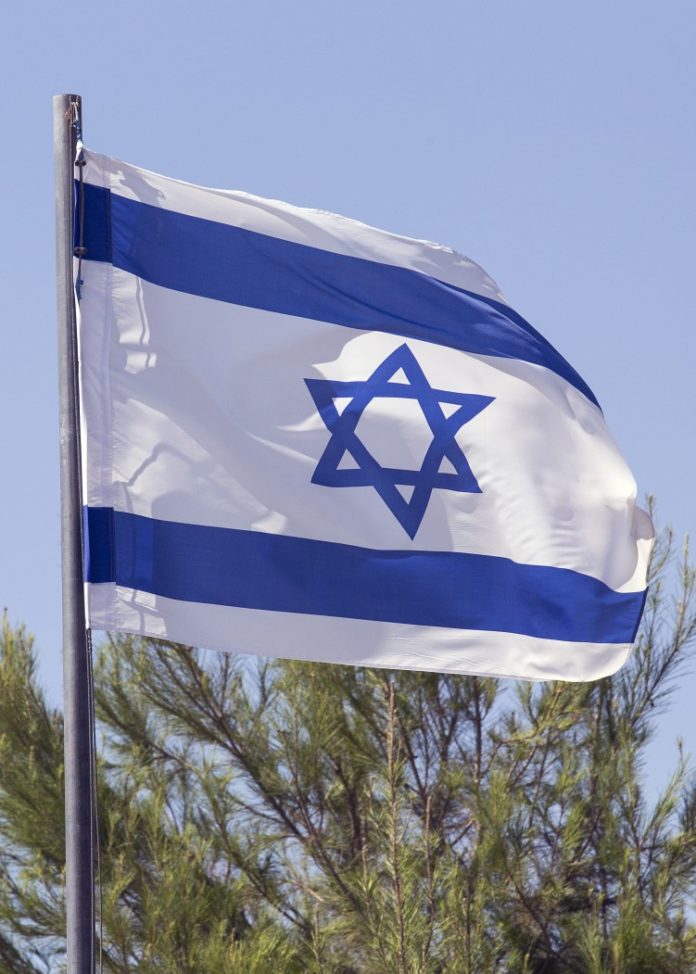69 Years of Independence: Israel By The Numbers
In accordance with its annual practice prior to Israeli Independence Day, the Central Bureau of Statistics (CBS) has published data this week that offer insight into the evolution of the Israeli population and economy.
Israel’s population at its 69th year of existence is estimated at 8.68 million, almost eleven times its population of 806,000 at its establishment in 1948.
A total of 6.48 million people, approximately 75% of Israel’s population, are Jewish. Arabs make up 21% of the population (1.8 million people), and the remaining 4.5% are Druze or of a different ethnicity.
The current Jewish population in Israel constitutes 43% of the global Jewish population, which is estimated to be 14.4 million. By contrast, a total of 6% of world Jewry lived in Israel in 1948 when Jews numbered 11.5 million worldwide.
The country’s overall population grew by 159,000 since last Independence Day, an increase of 1.9%. During that period, around 174,000 babies were born, 44,000 people died, and 30,000 new immigrants arrived in Israel. The CBS has estimated that by 2048, Israel’s population will reach 15.2 million.
A total of about 75% of all Israeli Jews were born in the country and more than half of them also have parents who are native Israelis. When the State of Israel was founded in 1948, only 35% of its Jews were born in the country.
The figures list 44% of Jewish Israelis as being non-religious, 24% as being traditionalist, 12% as being religious-nationalist, 11% as being religious, and 9% as being ultra-Orthodox (Haredi). Among the non-Jewish population, 21% are listed as not religious, 23% are listed as not so religious, 52% are listed as religious, and 4% are listed as very religious.
According to a pluralistic survey presented by the Jewish People Policy Institute (JPPI), a significant majority of both Jews and Arabs do not think it is wise for them to live together. The survey shows that a majority of Jews believe that it is wise for secular and religious Jews to live together, but not for secular and ultra-Orthodox Jews to live together. In both cases, the group classified as totally secular was the most reluctant to encourage such mixing.
JPPI President Avinoam Bar-Yosef stressed that “the fact that many Arabs living in the Jewish state define their primary identity as Israeli and feel comfortable and at home in Israel is very encouraging. Having said that, there is still much to be done to ensure full equality.”
JPPI also found that Jews with political and/or intra-Jewish ethnic differences recommend living in the same neighborhoods. However, a significant majority of Muslim Arabs and the vast majority (more than 90%) of Christian Arabs in Israel do not believe that their respective groups should live together.
According to CBS statistics, the country’s GDP was NIS 25.6 billion in 1950 (approximately USD 7.03 billion) while today it is 46 times greater at over NIS 1.17 trillion (USD 322 billion). During that period, the GDP per capita grew from NIS 20,200 to NIS 137,500, approximately a 700% increase.
While only two institutes of higher education (the Technion and the Hebrew University of Jerusalem) existed at the establishment of the state, there are 63 such institutions around the country today, including nine universities and 33 colleges.
The biggest population center in Israel is Jerusalem which numbers around 865,000 residents while the smallest is Neve Zohar in the south, which houses just 71 individuals.
Bar-Yosef insisted that the JPPI survey showed that the Jewish state’s greatest success has been the integration of Diaspora Jews from more than 90 different countries. “They wish to live together, form families together, and build a common future,” he concluded.






